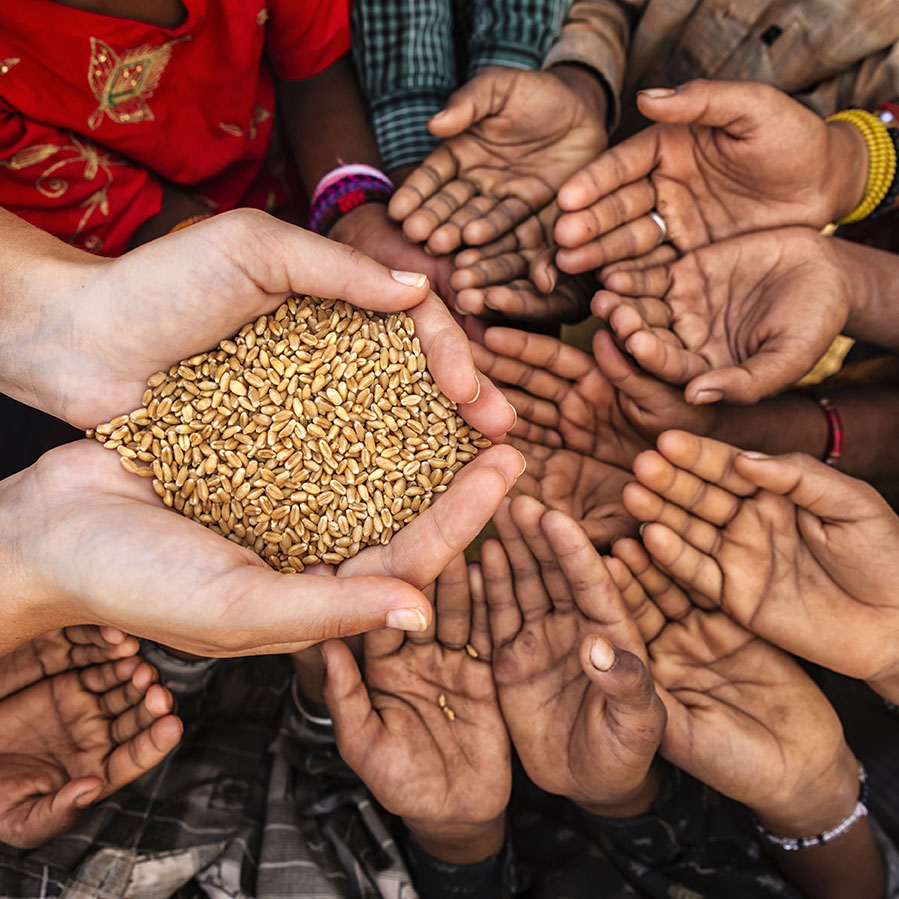

Let’s make a difference together
We’re delighted that you’re considering making a donation to Innoviz. From a life-saving vaccine to school books in a rural village classroom, the money you donate today could protect a child from dangers like disease and abuse, and help them grow up safe and healthy. Eradicating hunger and humanitarian support are other verticals Innoviz work to protect, transform and build a safer world for tomorrow.

Every day too many men and women across the globe struggle to feed their children a nutritious meal. In a world where we produce enough food to feed everyone, up to 811 million people still go to bed on an empty stomach each night. Acute food insecurity affected 135 million people in 55 countries in 2019.Even more – one in three – suffer from some form of malnutrition. Eradicating hunger and malnutrition is one of the great challenges of our time. Not only do the consequences of not enough – or the wrong – food cause suffering and poor health, they also slow progress in many other areas of development like education and employment.
Emergencies are described as “urgent situations in which there is clear evidence that an event, or series of events, has occurred which causes human suffering or imminently threatens lives or livelihoods, and which the government concerned has not the means to remedy; and it is a demonstrably abnormal event, or series of events, which produces dislocation in the life of a community on an exceptional scale.” For 3 years, Innoviz Limited has provided emergency food assistance, often in conflict, post-conflict or disaster situations.
As armed conflicts, mass displacement, and disasters take an ever heavier toll, humanitarian intervention remains a cornerstone of global governance. In the face of tight funding and high expectations of efficiency, the humanitarian community is increasingly required to act in sync, streamline processes and pool resources. Working closely with private sector partners, Innoviz Limited is making assets and functionalities available to fellow humanitarian operators, allowing them to save more lives, faster, and at lower cost to donors and the environment.